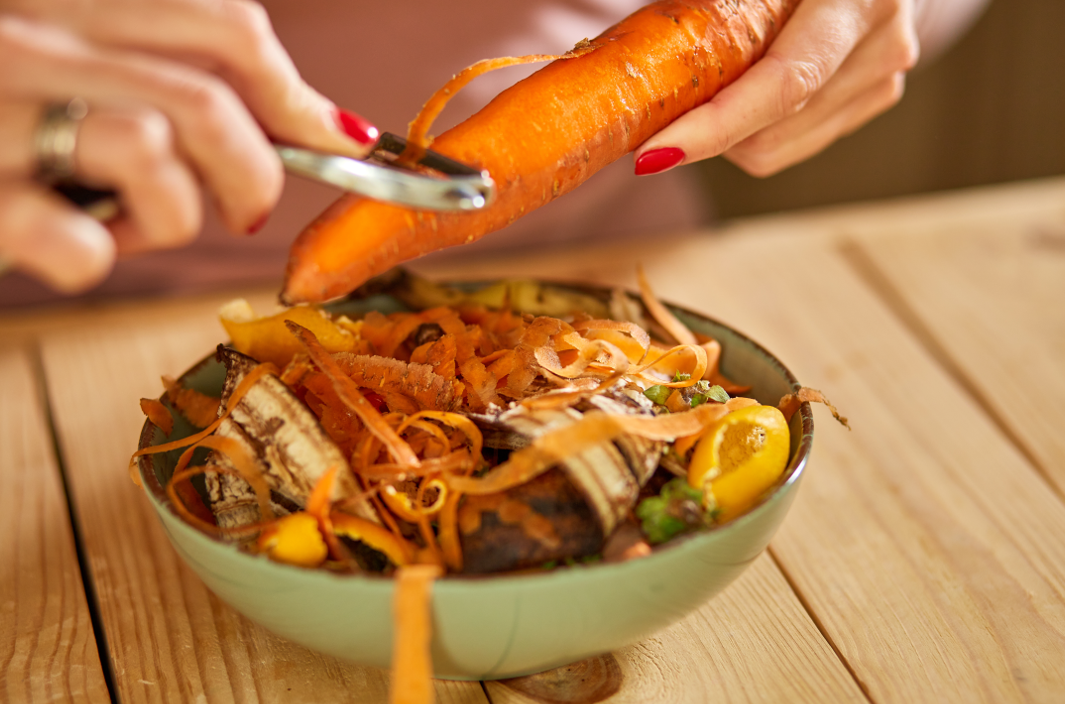
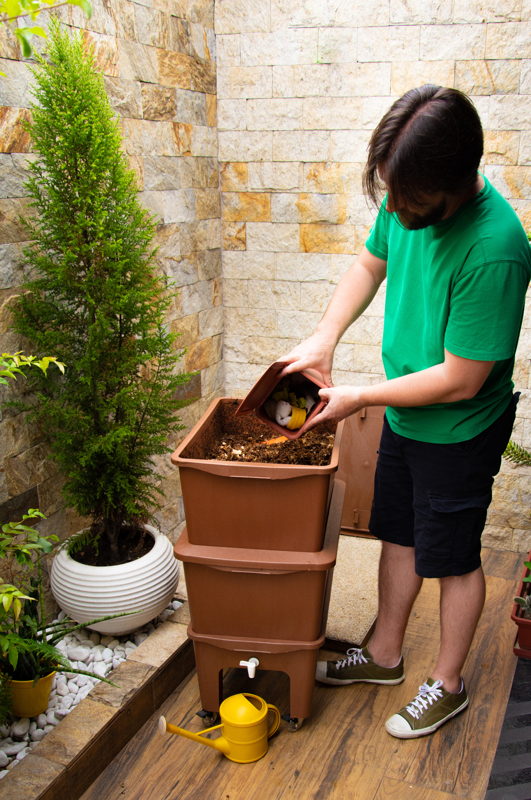
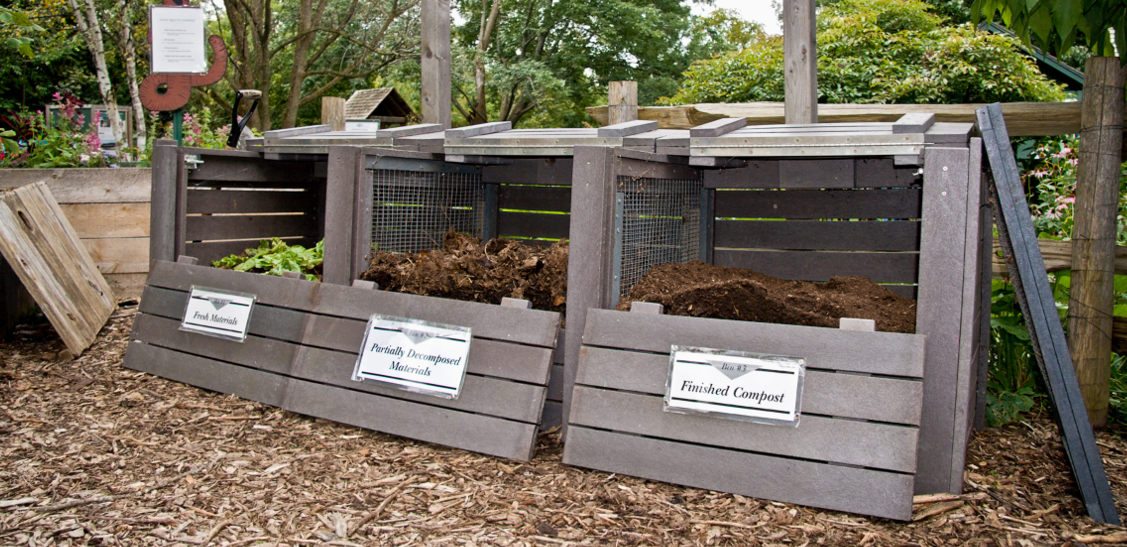
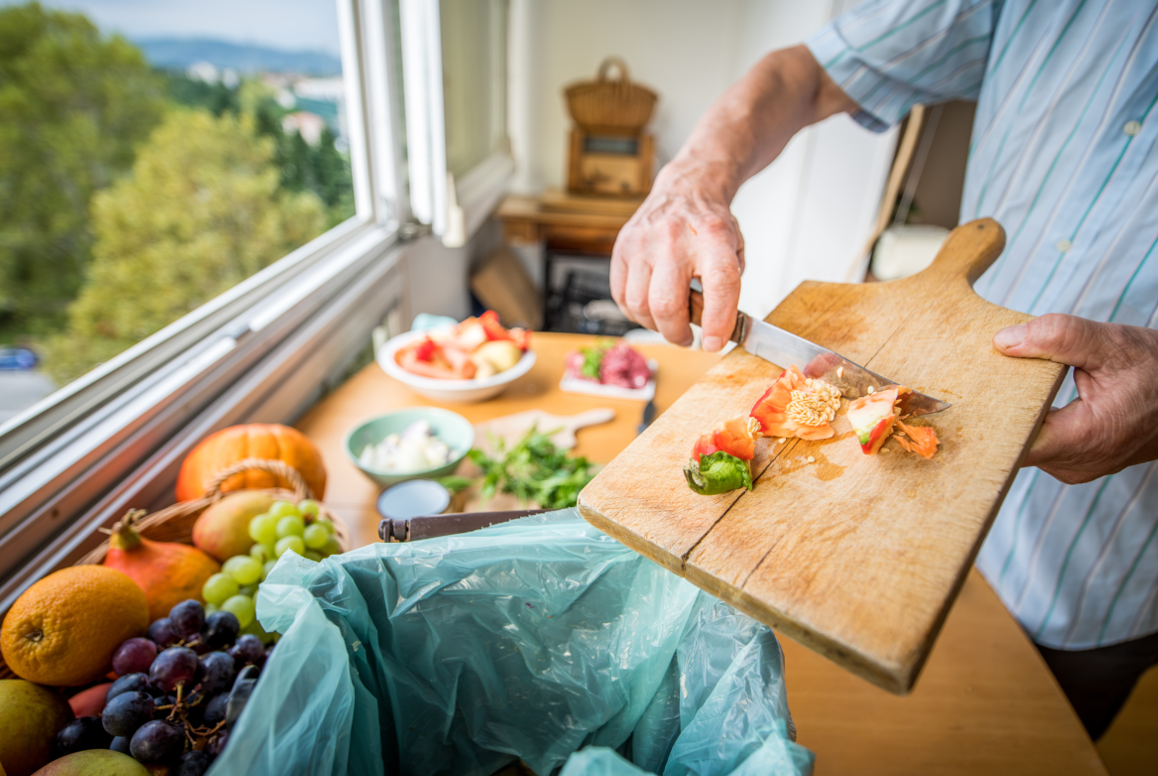
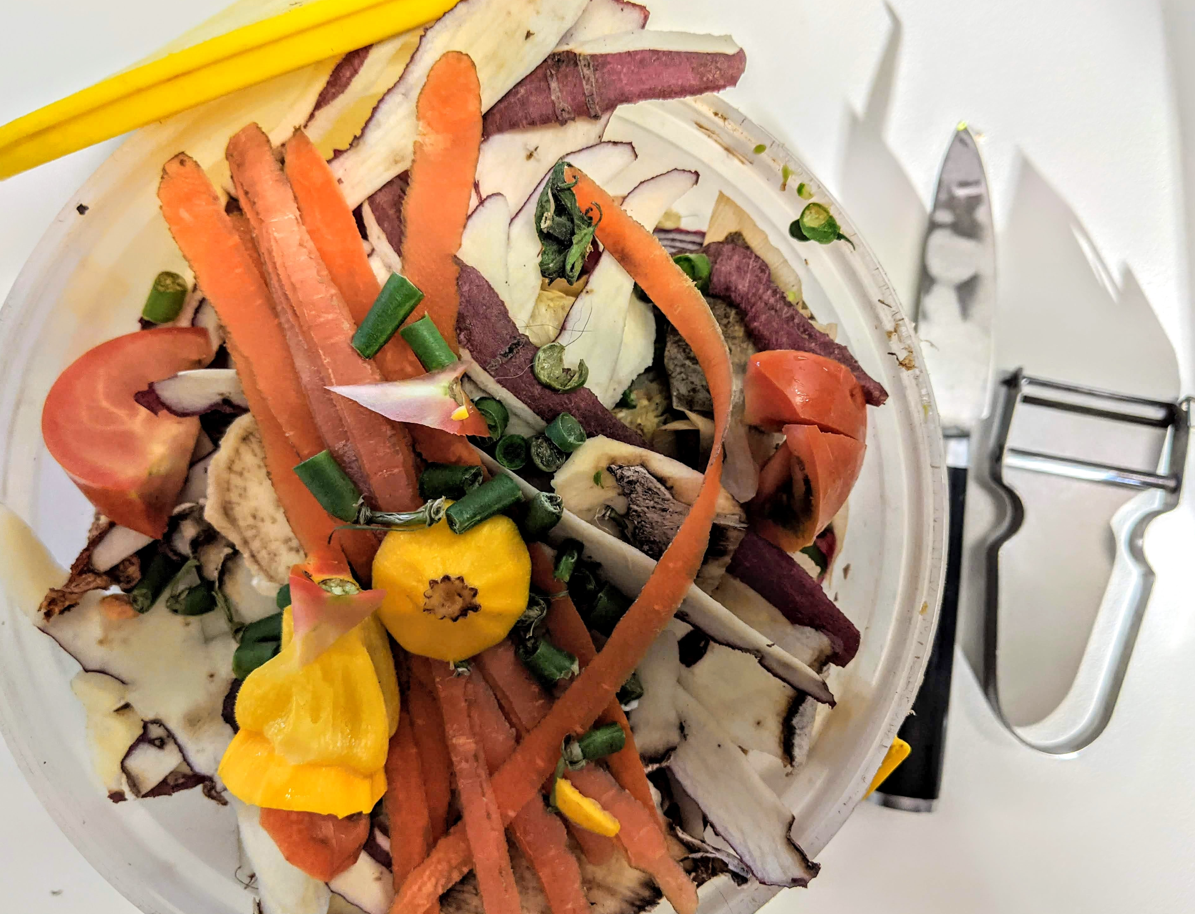
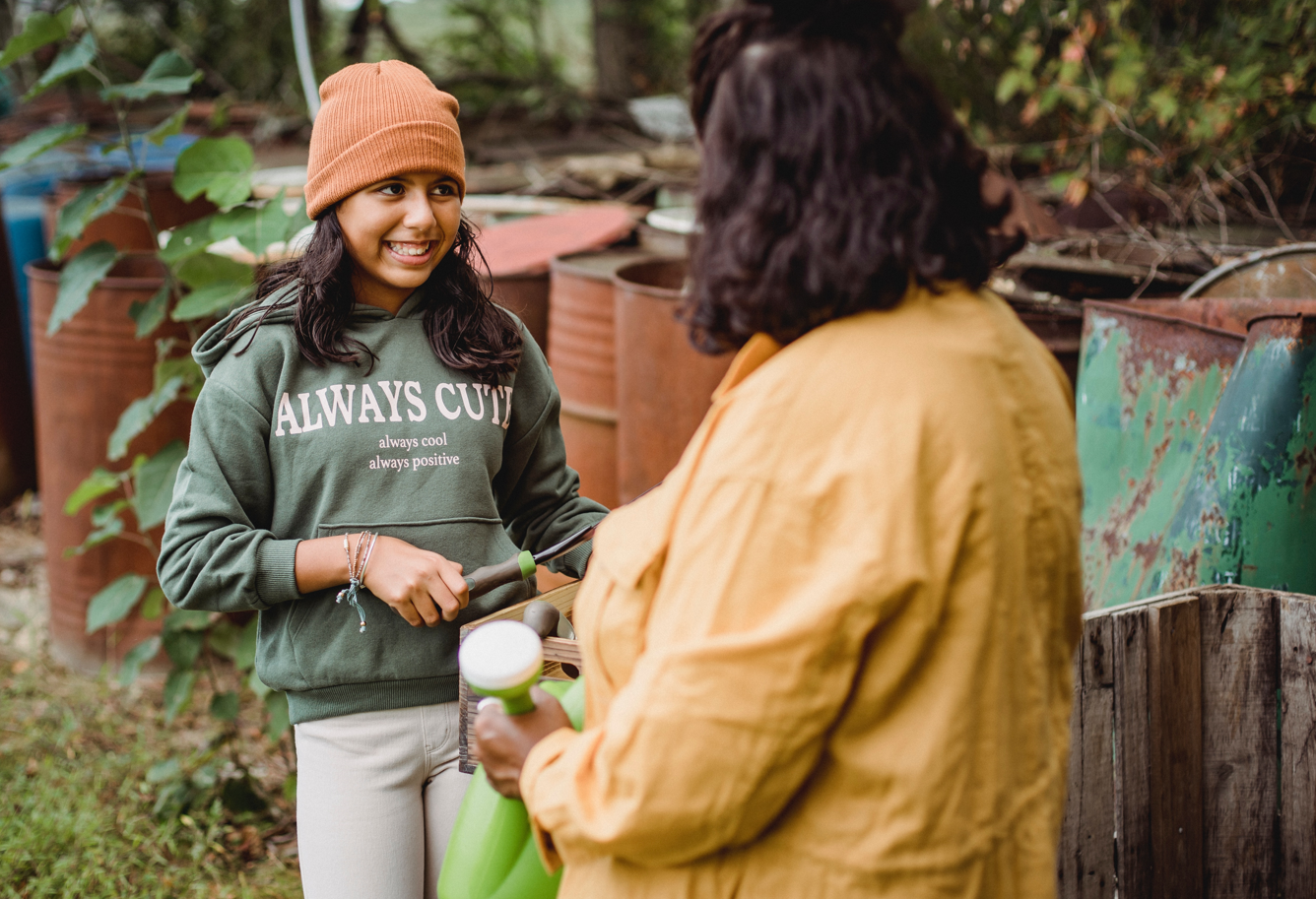
Urban Composting: Effortless Ways to Create a Huge Environmental Impact
In today's fast-paced world, convenience often overshadows environmental concerns. However, composting stands as a beacon of hope for sustainability enthusiasts and eco-conscious individuals. It's a simple yet incredibly impactful practice that diverts organic waste from landfills, enriches soil, and reduces greenhouse gas emissions.
This blog post explores the fascinating world of composting, from its role in reducing landfill waste to the different ways you can start composting in urban settings.
What Happens to Organic Waste in Landfills?
When organic waste, such as food scraps, yard trimmings, and paper products, ends up in landfills, it undergoes a rather unceremonious transformation. Instead of being harnessed for its valuable potential, it gets buried beneath layers of non-biodegradable materials. Devoid of oxygen, which is crucial for efficient decomposition, organic matter in landfills decomposes anaerobically, or without air. This anaerobic decomposition produces methane, a potent greenhouse gas that is many times more effective at trapping heat in the atmosphere than carbon dioxide. Unfortunately, the legacy of organic waste in landfills is not only an enduring source of harmful emissions but also a missed opportunity to return valuable nutrients to the soil. By embracing composting and diverting organic waste from landfills, we can transform this bleak fate into a regenerative cycle that nourishes our planet rather than harms it.
Additionally, the space occupied by organic waste in landfills could be put to better use if we recycled these materials through composting. By diverting organic waste from landfills, we can significantly extend the lifespan of these waste disposal sites while mitigating the harmful environmental effects of methane emissions.
What is Composting?
Composting is nature's recycling system in action. It involves the breakdown of organic materials into nutrient-rich humus, a valuable soil conditioner that improves soil structure and fertility. This transformation occurs through the collaborative efforts of microorganisms, including bacteria, fungi, and insects, that break down organic matter over time.
The composting process requires the right mix of carbon-rich (browns) and nitrogen-rich (greens) materials, moisture, and aeration. As microorganisms break down these materials, they generate heat. This can raise the temperature inside a compost pile or bin. The heat, in turn, helps to kill weed seeds and pathogens, resulting in a safe and beneficial end product.
Things You Can Compost
Composting is incredibly versatile and can handle a wide range of organic materials. Here's what you can compost:
Greens: Includes fruit and vegetable scraps, coffee grounds, tea leaves, grass clippings, plant trimmings, and eggshells.
Browns: Consists of leaves, straw or hay, wood chips, shredded newspaper or cardboard, and dryer lint from natural fibers.
Other: You can also compost compostable kitchen and garden waste bags, hair, pet fur, and fireplace ashes (in moderation and only from untreated wood).
Remember to avoid composting diseased plants, meat, dairy, oily foods, and pet waste in your home compost pile to prevent pest and pathogen issues.
Exploring Different Composting Options
Composting can be adapted to various living situations, each with its unique charm:
1. Vermicomposting:
Vermicomposting utilizes earthworms to break down organic matter in a small, indoor bin.
It's an odorless and space-efficient method suitable for apartments or homes with limited outdoor space.
2. Community Composting:
Many urban areas offer community composting programs where residents can drop off their food scraps and yard waste at designated collection points.This option is ideal for those without the space or desire to manage their compost pile.
3. Balcony or Patio Composting:
If you have a balcony or patio, consider using a compact composting system like a tumbler or a bokashi bucket.
These options are perfect for urban gardeners looking to enrich their potted plants.
4. Municipal Composting Programs:
Some cities provide curbside pickup of organic waste for composting.Check with your local government to see if this service is available in your area.
Start your composting journey today
Composting is a simple yet potent tool in the fight against climate change and environmental degradation. By diverting organic waste from landfills, we can reduce methane emissions, enrich our soil, and create a more sustainable future. Whether you're composting in a bustling metropolis or on a rural homestead, your efforts contribute to a healthier planet and a greener tomorrow. So, why not start composting today and turn your waste into gold for the Earth? Check your municipality website, build a vermicompost, or look for a bokashi bucket. You will probably find a used one online.